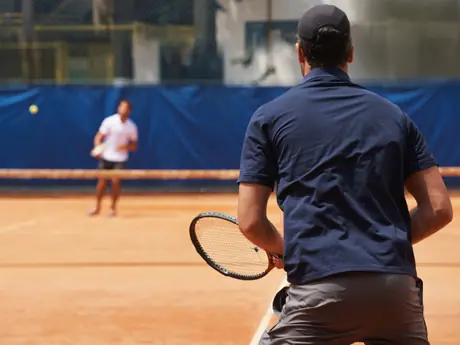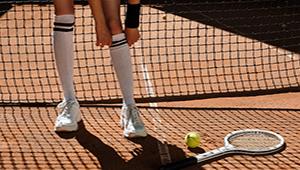
We sit too much. Besides short bursts of activity, we sit at work or school, in the car or on public transportation. We sit while eating, watching TV or socializing. Many people sit 10 to 12 hours a day.
This growing cultural phenomenon leads to some damaging side effects, including tightening up the psoas muscle. The psoas muscle—better known as "hip-flexor" together with his helper iliacus—is buried deep in a trunk, and connects the lower and upper body together. Psoas assists in walking upright, standing up and in almost every athletic movement. When the psoas starts misbehaving, it will cause many aches and injuries.
More: The Best Exercise to Relieve Your Tight Back
During sitting, the psoas is constantly in a contracted position and becomes chronically tight. When you stand up, the short psoas prevents you from perfect alignment while standing and walking. Many of us move straight from the office or school to the tennis courts or other fitness activities, where we perform high intensity training with misaligned structures. To add insult to injury, many activities such as cycling, spinning, stairmaster, treadmill or sitting in the weight machines additionally shorten the psoas.
No wonder that the majority of population has problems with lower back, pelvis and hips
The psoas muscle may seem like one long muscle passing multiple joints, but in reality it contains on average 11 muscle fiber branches attaching to different bony sites (high up to thoracic spine, down on lumbar spine and on the femur). The psoas has superficial and deep layers and in between, there are embedded many nerves.
Psoas' main function is to flex the hip (lift the leg) and stabilize the spine (preventing the vertebrae from rotating in the frontal plane). For the spine and hips to move naturally, freely and without pain, the psoas has to be able to lengthen. And here is the culprit: the majority of modern population has a chronically tight (short) psoas. Even us, athletes and tennis players.
- 1
- of
- 2








Discuss This Article